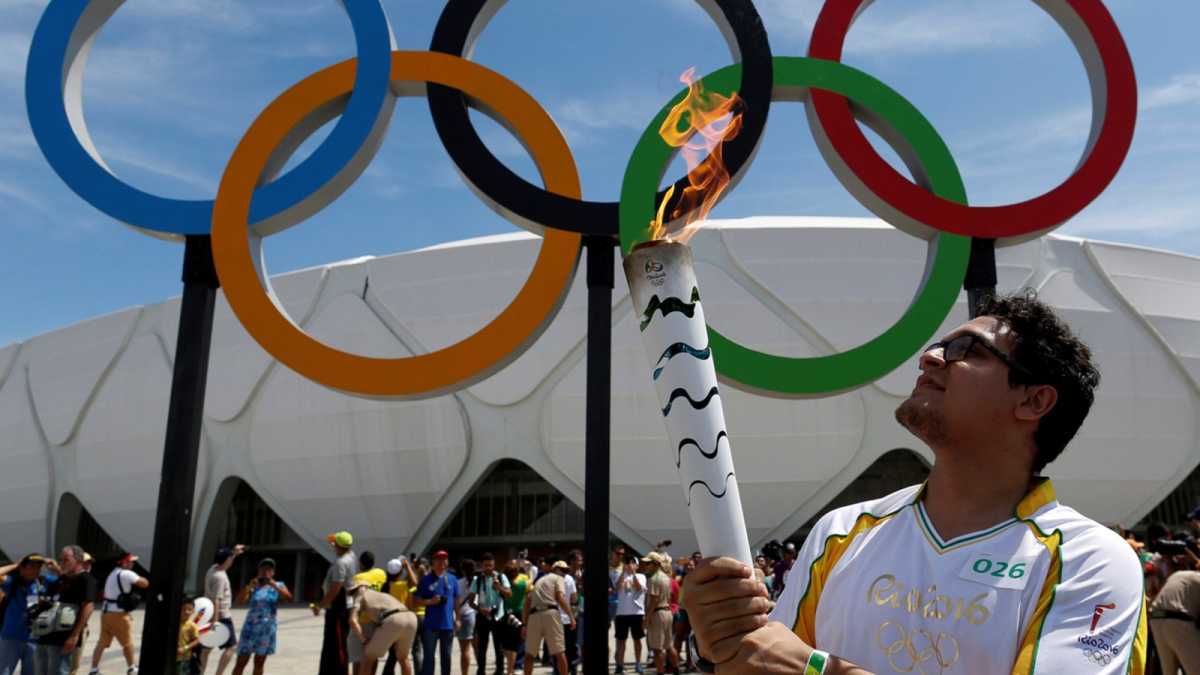Features
The Economics Of Major Sporting Events: Costs Vs. Benefits

Major sporting events such as the Olympic Games, FIFA World Cup, and Super Bowl attract billions of viewers worldwide and generate significant excitement among sports enthusiasts. However, these events also come with hefty costs for host cities and countries. This article will delve into the economics of major sporting events, examining the costs involved, the potential benefits, and the overall impact on the host economy.
The Costs of Hosting
Hosting a major sporting event requires substantial investments in infrastructure, security, transportation, and marketing. Building or renovating stadiums, constructing athlete accommodations, and improving transportation networks can amount to billions of dollars. For instance, the 2014 FIFA World Cup in Brazil cost an estimated $14 billion, and the 2012 London Olympics reached a staggering $15 billion.
Furthermore, hosting an event of this magnitude often necessitates the allocation of additional funds for security measures. In recent years, the increasing need for heightened security has led to rising expenses for deploying additional personnel and implementing advanced technologies, further burdening the host nation’s budget.
The Benefits of Hosting
Despite the high costs, hosting major sporting events can bring substantial benefits to the host city and country.
Firstly, these events attract a massive influx of tourists, resulting in increased spending on accommodations, dining, transportation, and retail. This surge in tourism can have a significant positive impact on local businesses, stimulating economic growth and creating job opportunities.
Secondly, hosting major sporting events offers host cities an opportunity to showcase their infrastructure and cultural heritage to a global audience. This exposure can enhance the city’s reputation, attract future investments, and boost tourism even after the event is over.
Thirdly, hosting major sporting events often leads to the development of critical infrastructure that can benefit the host city in the long term. Investments in transportation, stadiums, and other facilities can improve residents’ quality of life and provide long-lasting facilities for future use.
The Impact on the Host Economy
Assessing the overall economic impact of hosting a major sporting event is complex and often debated among economists.
Critics argue that the benefits are often overstated, with claims that the economic boost from increased tourism is short-lived and does not result in long-term economic growth. They contend that the costs outweigh the benefits and suggest that the funds could be better allocated to more pressing issues such as education, healthcare, or infrastructure improvements.
Proponents, on the other hand, argue that major sporting events can revitalize stagnant economies, rejuvenate cities, and attract foreign investment. They cite the construction jobs created, increased tax revenues, and the subsequent boost in spending as evidence of these events’ positive impact.
The Legacy of Major Sporting Events
The legacy of hosting major sporting events varies from one host city to another. Some cities have successfully capitalized on their event by repurposing stadiums for future use, hosting other sporting events, or converting athletes’ accommodations into affordable housing. These successful examples underline the importance of careful planning and foresight when it comes to hosting.
However, there have been instances where host cities have struggled to utilize the newly constructed infrastructure or maintain financial stability post-event. These examples serve as a reminder that hosting major sporting events should be approached with caution, and careful consideration must be given to long-term sustainability.
In Conclusion
The economics of major sporting events present a complex equation of costs and benefits. While hosting these events can result in significant short-term economic gains, the long-term impact is a subject of debate. It is essential for host cities and nations to weigh the potential benefits against the costs and carefully plan for the event’s legacy to ensure a sustainable and positive economic impact.










